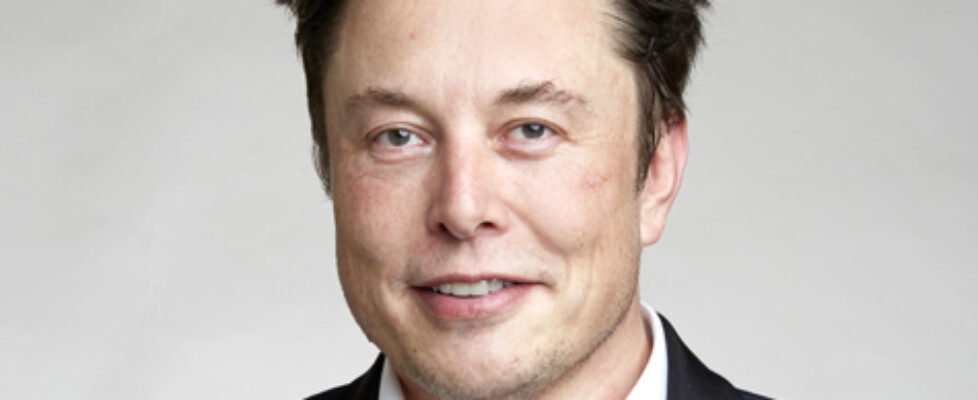SEC stands by scrutiny over Elon Musk’s Tesla-related tweets
The Securities and Exchange Commission (SEC) has responded to a motion by Elon Musk to quash an SEC administrative subpoena and to vacate or modify an Amended Final Judgment over his tweets. The regulator made its stance on this matter clear in a document filed with the New York Southern District Court today.
According to the regulator, Musk’s motion to quash is procedurally defective and substantively meritless.
On September 27, 2018, the SEC filed its Complaint in this case, alleging that Musk had violated Section 10(b) of the Exchange Act and Rule 10b-5 thereunder through a series of false and misleading tweets regarding having funding secured to take Tesla private at $420/share.
On September 29, 2018, the SEC also filed a Complaint against Tesla alleging a violation of Exchange Act Rule 13a-15 (17 C.F.R. § 240.13a-15) for failing to implement disclosure controls and procedures to assess whether information disseminated by Musk through his Twitter account was required to be disclosed in SEC reports.
On September 29, 2018, after the parties reached a settlement, the SEC filed consents of Musk and Tesla to entry of judgment. The Court entered final judgments in each case on October 16, 2018.
In their respective final judgments, Tesla agreed to implement mandatory disclosure controls and procedures to oversee and pre-approve Musk’s Tesla-related written communications that reasonably could contain information material to the company or its shareholders, and Musk, in turn, agreed to comply with those controls and procedures.
The SEC issued its November 29, 2021 administrative subpoena to Musk pursuant to its authority under Section 21(b) of the Securities Exchange Act of 1934 (“Exchange Act”) in the course of an investigation, not pursuant to the Federal Rules of Civil Procedure in the course of a litigation.
The regulator explains that a motion to quash is therefore not a proper procedural vehicle for challenging the validity of the subpoena. Rather, the exclusive method for contesting an administrative subpoena is to file an opposition in a subpoena enforcement action, which the SEC has not initiated.
Moreover, there is no valid substantive basis to challenge the subpoena. The SEC, which is vested with broad authority and discretion to investigate possible violations of the federal securities laws, has a legitimate purpose in investigating:
-
whether Tesla is maintaining appropriate disclosure controls and procedures as required by the federal securities laws;
-
whether Musk is complying with Tesla’s disclosure controls and procedures, including whether he complied with Tesla’s pre-approval requirement before he issued a pair of tweets on November 6, 2021, promising to sell 10% of his holdings of Tesla stock if a majority of Twitter users who participated in a poll voted “yes” to that proposition; and
-
whether Tesla’s disclosures in SEC filings accurately described the company’s compliance with its disclosure controls and procedures.
Musk’s motion to set aside all or part of the Court’s Amended Final Judgment in this case is equally unavailing, the SEC argues, because Musk cannot meet the high burden for setting aside or modifying a judgment under Rule 60(b).
Musk complains about “the sheer number of demands” by the SEC from 2018 to the present, which he characterizes as harassment. But Musk’s own chronology, according to the SEC, reflects legitimate inquiries as to new potentially violative conduct by Tesla and Musk – including the conduct that gave rise to the SEC’s 2018 enforcement actions.
Moreover, the SEC says, modifying Musk’s Amended Final Judgment would not free him from scrutiny over his Tesla-related tweets. As an officer of the company, Musk would still be subject to Tesla’s disclosure controls and procedures, and Tesla would still be required to maintain those procedures under Rule 13a-15 of the Exchange Act.
The SEC concludes:
“So long as Musk and Tesla use Musk’s Twitter account to disclose information to investors, the SEC may legitimately investigate matters relating to Tesla’s disclosure controls and procedures, including Musk’s tweets about Tesla, as well as the accuracy of Tesla’s public statements about its controls and procedures”.





